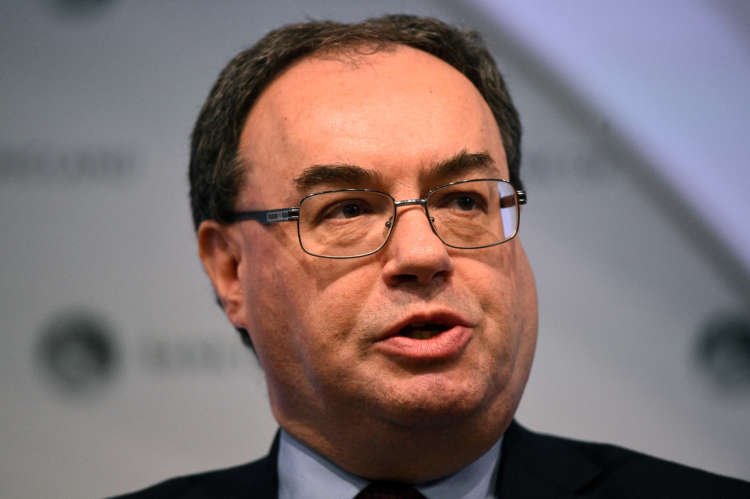Current cryptocurrencies unlikely to last, Bank of England governor says
Published by linker 5
Posted on January 27, 2021
2 min readLast updated: January 21, 2026

Published by linker 5
Posted on January 27, 2021
2 min readLast updated: January 21, 2026

By David Milliken
LONDON (Reuters) – No existing cryptocurrency has a structure that is likely to allow it to work as a means of payment over the long term, Bank of England Governor Andrew Bailey told an online forum hosted by the Davos-based World Economic Forum on Monday.
“Have we landed on what I would call the design, governance and arrangements for what I might call a lasting digital currency? No, I don’t think we’re there yet, honestly. I don’t think cryptocurrencies as originally formulated are it,” he said.
Bitcoin, the best-known cryptocurrency, hit a record high of $42,000 on Jan. 8 and sank as low as $28,800 last week, far greater volatility than is found with normal currencies.
“The whole question of people having assurance that their payments will be made in something with stable value … ultimately links bank to what we call fiat currency, which has a link to the state,” Bailey said.
The BoE, like the European Central Bank, is looking at the feasibility of issuing its own digital currency. This would allow people to make sterling electronic payments without involving banks, as is currently possible with banknotes, and would in theory help avoid the volatility that renders bitcoin impractical for commerce.
Bailey said the appropriate level of privacy for digital currencies was likely to be hotly debated and was potentially underrated as a challenge in setting one up.
“This is a big one that is coming on to the landscape, the whole question of a privacy standard for transactions made in any form of digital currency, and where the public interest lies,” he said.
(Reporting by David Milliken, editing by Tom Wilson and Alistair Smout)
Explore more articles in the Investing category











